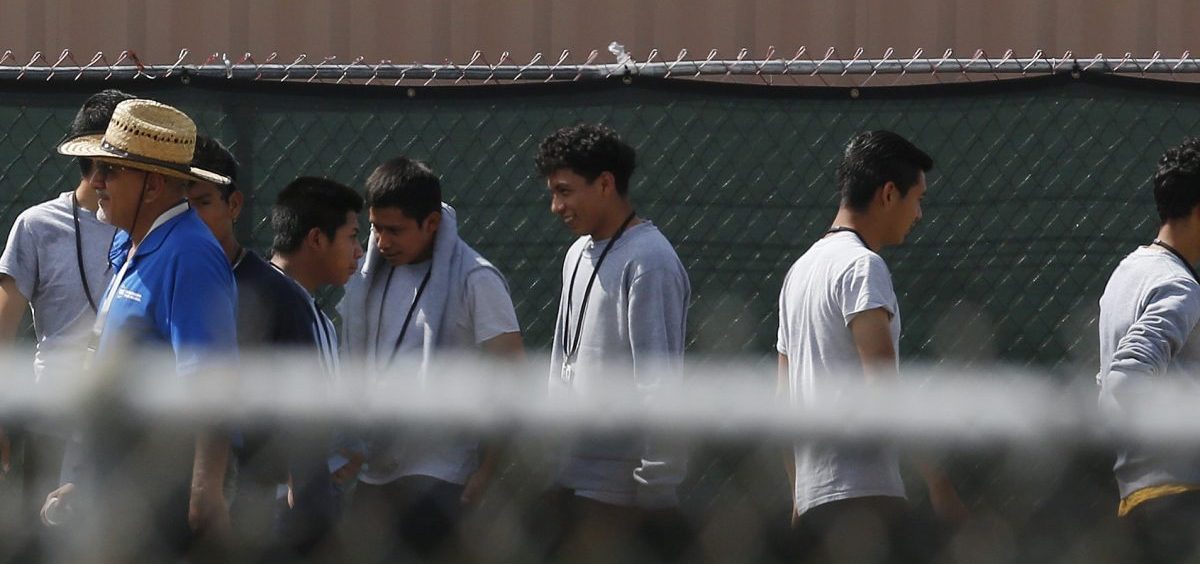News

Several Thousand Migrant Children In U.S. Custody Could Be Released Before Christmas
By: John Burnett | NPR
Posted on:
Updated 4:59 pm E.T.
The Department of Health and Human Services is changing the ways it conducts background checks on sponsors of migrant children in a surprise move that will mean the release of hundreds of children from controversial government-contracted shelters across the country.
The Trump administration had come under fire for holding nearly 15,000 migrant children in 137 shelters across the country. The children are all Unaccompanied Alien Children (UACs) who crossed the border on their own, without parents or legal guardians. The administration has been criticized for long delays in releasing the children to live with sponsors while their asylum cases are pending in immigration court. The government says the vetting of sponsors — usually a parent or family member — was taking too long.
“The children should be home with their parents. The government makes lousy parents,” said Lynn Johnson, Assistant Secretary at Health and Human Services’ Administration for Children and Families.
“We’re finding it [the extra screening] is not adding anything to the protection or the safety of the children,” she added.
To speed the release of children, HHS has decided to drop a requirement, put into place approximately six months ago, that everyone in a sponsor’s household be fingerprinted and receive an extensive criminal background check. That extra vetting had slowed down the process. Starting immediately, only the sponsors will continue to be fingerprinted and run through FBI and state databases and through Department of Homeland Security records.
A source familiar with the operation of the sprawling tent camp in Tornillo, Texas, said children in that facility had waited 50 days, even after all the vetting was completed. He said there are 1,300 children ready to be discharged.
Johnson said there are about 2,000 children in the shelter system who are ready to be released to already vetted parents in the next 4 to 5 days.
“I don’t want to cause any additional harm by keeping kids in care any longer than they need to when they have a thoroughly vetted parent waiting for them,” she said.
On Tuesday, there were 14,600 children in a system whose capacity is 16,000. At 91 percent capacity, the government has to either add beds or release children. The number of children in the government’s care has doubled since March, as more Central American teenagers cross the border without their parents, and the wait time in shelters lengthened.
HHS has already spent $144 million on the Tornillo facility, where it employs some 2,000 employees to care for 2,800 children. The nonprofit that operates Tornillo has stressed how it strives to make the children as comfortable and happy as possible, but child welfare experts say detention is simply wrong for children.
“This is really an extraordinary development, and one that should dramatically reduce the number of children in federal immigration custody,” said Neha Desai, Senior Attorney at the National Center for Youth Law. This group and others filed a lawsuit last month challenging the extra background checks that were prolonging childrens’ stay in shelters.
“The new policy should never have been enacted in the first place,” she said, “but I’m truly thrilled that the government has finally acknowledged its deeply flawed approach and chosen to correct course.”
9(MDI4ODU1ODA1MDE0ODA3MTMyMDY2MTJiNQ000))

